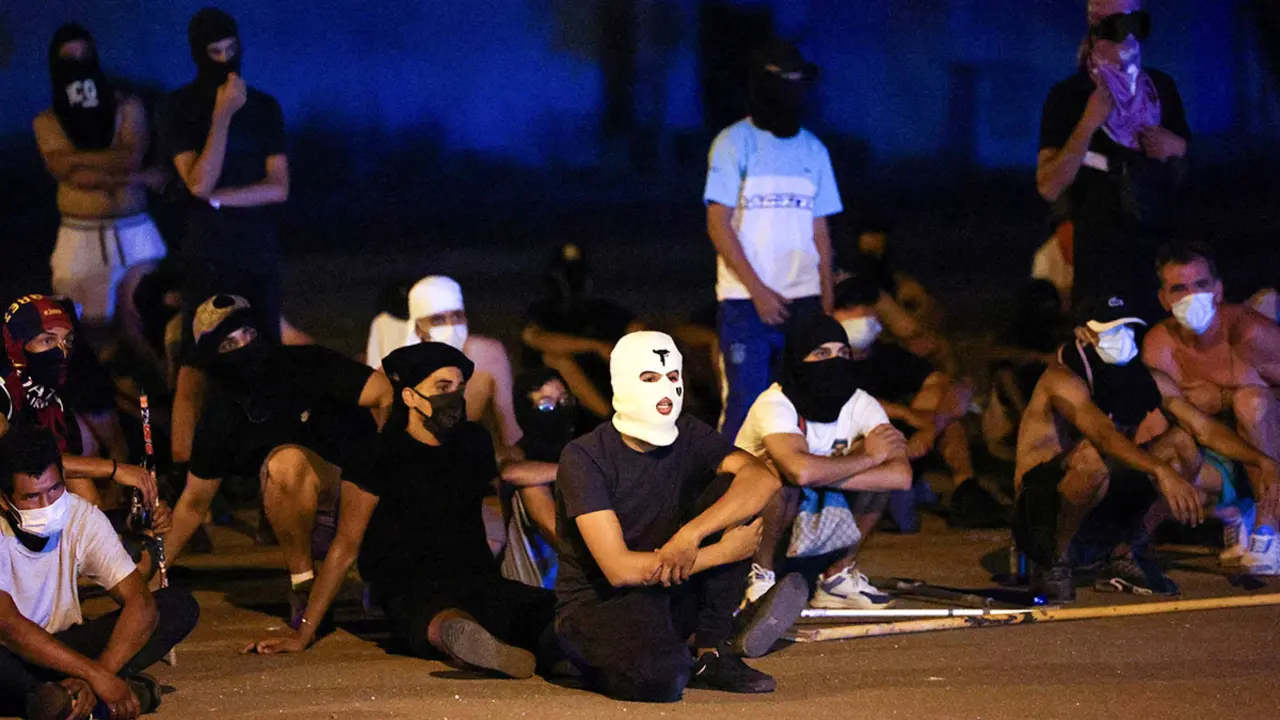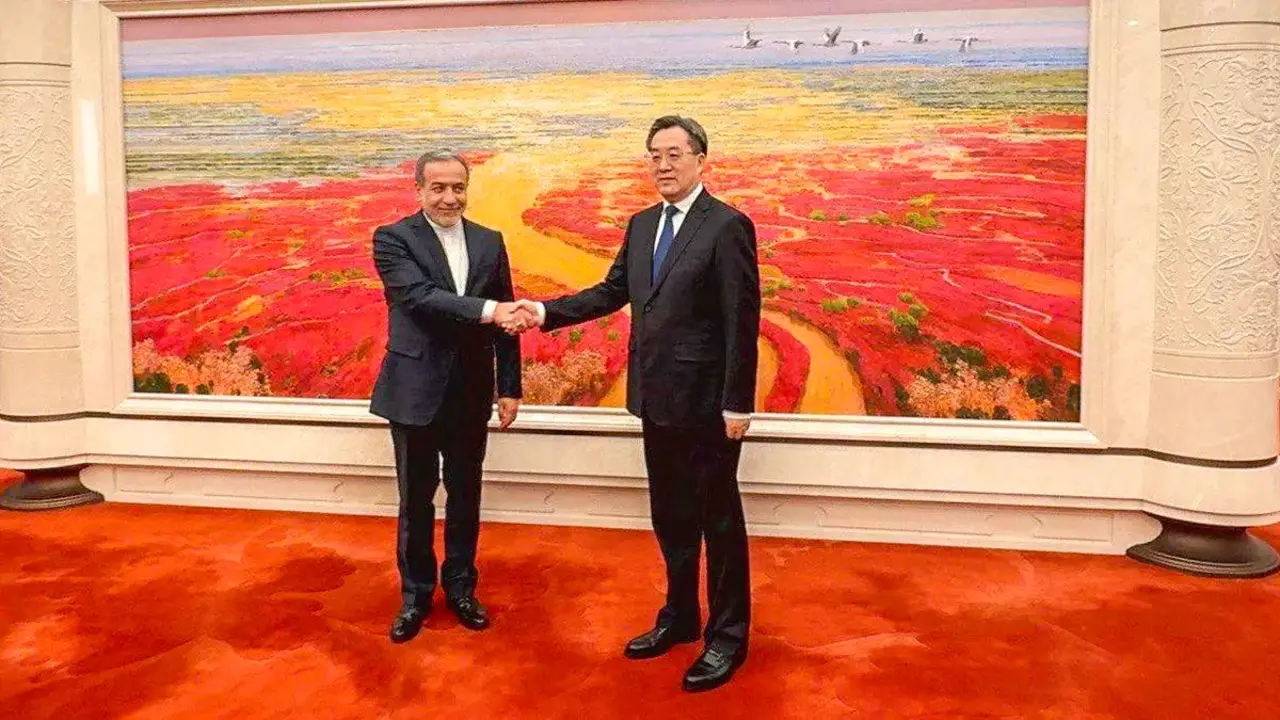A naval incident leaves 19 Iranian Navy members dead

At least 19 members of the navy of the Islamic Republic of Iran were killed and 15 injured in an incident on Monday that affected the support vessel Konarak during a naval exercise in the waters of the port of Bandar-e Jask, in the south of Iranian territory.
An official note from the Persian Armed Forces confirmed the incident, stressing that the injured are in "good condition". It was detailed that the accident occurred when several vessels were conducting naval tests in the area near the Gulf of Oman.
The Iranian Army also stressed that the matter is "under investigation". As everything is being analyzed, no further official details about the event have been released. In a dock in the port of Bandar-e Jask, this investigation is being carried out to clarify what happened.

Although there are reports in the local media about an accidental attack by the Iranian ship Jamaran, also deployed for maritime exercises, with an alleged missile launch. But Iranian Army sources have been quick to respond to these speculations.
The Konarak, a Dutch-made vessel in service since 1988 and refurbished two years ago, usually carries a crew of 20 sailors, according to various Iranian media. Local journalists have pointed out that the destroyer Jamaran was testing a new type of anti-ship missile and that the Konarak was in charge of putting the targets in the water for other ships to shoot at. The accident reportedly occurred "after moving a target, without creating enough distance" with it.

Rescue teams rushed to the scene after everything had happened, between Bandar-e Jask and the major port of Chabahar, and transferred the victims to medical facilities. The director of Iranshahr City University of Medical Sciences, Mehran Amini Fard, said that a dozen ambulances were sent and the injured were admitted to the Imam Ali hospital, some in intensive care.
The commotion at the scene was absolute because the area where the incident took place has been shaken in recent months by attacks on cargo ships, for which Iran has been blamed; nation that is accused of being behind acts of de-stabilisation in the Gulf waters as a result of the conflict which has been intensifying recently after the United States imposed economic sanctions on the Persian state in 2018, when it left the nuclear pact sealed with the Iranian authorities in 2015 (JCPOA) which limited the Persian atomic programme, especially in terms of weapons. The American government of Donald Trump abandoned the agreement arguing Iran's noncompliance with it and ended up decreeing embargo measures, among which those related to oil stand out, which seriously affect the finances of the Middle Eastern country.
After these sanctions, Iran, through its President Hassan Rohani, responded by threatening to block the maritime traffic in the Strait of Ormuz, the main passageway of world oil trade, and continue dealing with its crude oil.

In this situation, offensives against oil tankers in Gulf waters and attacks on oil and airport infrastructures in Saudi Arabia, the main regional enemy of Iran and a great representative of the Sunni branch of Islam, opposed to the Shiite branch that is led by the regime of the Ayatollahs, were carried out. Attacks that pointed to Iran and pro-Iranian agents, such as the Houthi rebels fighting in the Yemeni war to undermine Abd Rabbuh Mansur al-Hadi's internationally recognised government, supported by an Arab coalition led by the Saudi kingdom.








